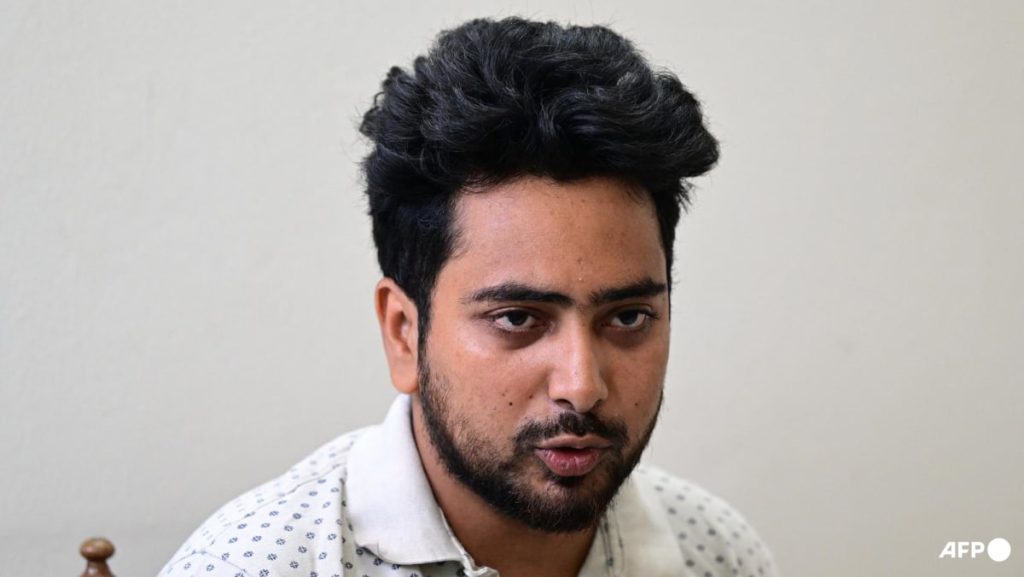In Bangladesh, six student leaders were detained by the government amid protests against the reintroduction of a quota scheme that reserved more than half of all government jobs for certain groups. The government claimed that the students had been held for their own safety and that they had volunteered to be in police custody. After restoring order by deploying troops, imposing a curfew, and shutting down the mobile internet network for 11 days, more than 10,000 people were arrested in connection with the unrest.
Following the detention of the student leaders, small protests resumed in various cities in Bangladesh as members of Students Against Discrimination ended a moratorium on demonstrations. The government had ignored a Monday deadline to release the leaders, leading to renewed calls for their freedom. Critics described the detention of the leaders as arbitrary and unlawful, prompting national and international criticism. The University of Oslo researcher Mubashar Hasan suggested that the release of the leaders was a sign that the government was attempting to de-escalate tensions with the protest movement.
The unrest in Bangladesh was sparked by the government’s decision to reintroduce a quota scheme that reserved more than half of all government jobs for specific groups. The move caused widespread dissatisfaction leading to demonstrations and calls for the student leaders to be released from detention. The government’s response included deploying troops, imposing a curfew, and shutting down the mobile internet network to maintain order. However, the protests persisted, with students vowing to restart their campaign after the government failed to meet their demands for the release of the detained leaders.
Despite the government’s actions to quell the protests, the demonstrations in Bangladesh continued as members of Students Against Discrimination resumed their activities. The protesters criticized the government’s detention of the student leaders as arbitrary and unlawful, leading to both national and international condemnation of the government’s actions. The release of the leaders was seen as a potential move by the government to reduce tensions and address the concerns of the protest movement. The University of Oslo researcher highlighted the significance of the government’s decision to release the detained leaders in response to mounting criticism.
The student protests in Bangladesh highlighted the dissatisfaction with the government’s reimplementation of a quota scheme for government jobs that favored specific groups. The unrest led to widespread demonstrations and arrests, with critics denouncing the government’s actions as arbitrary and unlawful. Despite attempts to restore order through the deployment of troops and curfews, the protests continued, calling for the release of the detained student leaders. The government’s decision to release the leaders was seen as a step towards de-escalating tensions and addressing the concerns of the protest movement. The ongoing protests underscored the challenges faced by the government in balancing public demands and maintaining stability in the country.


